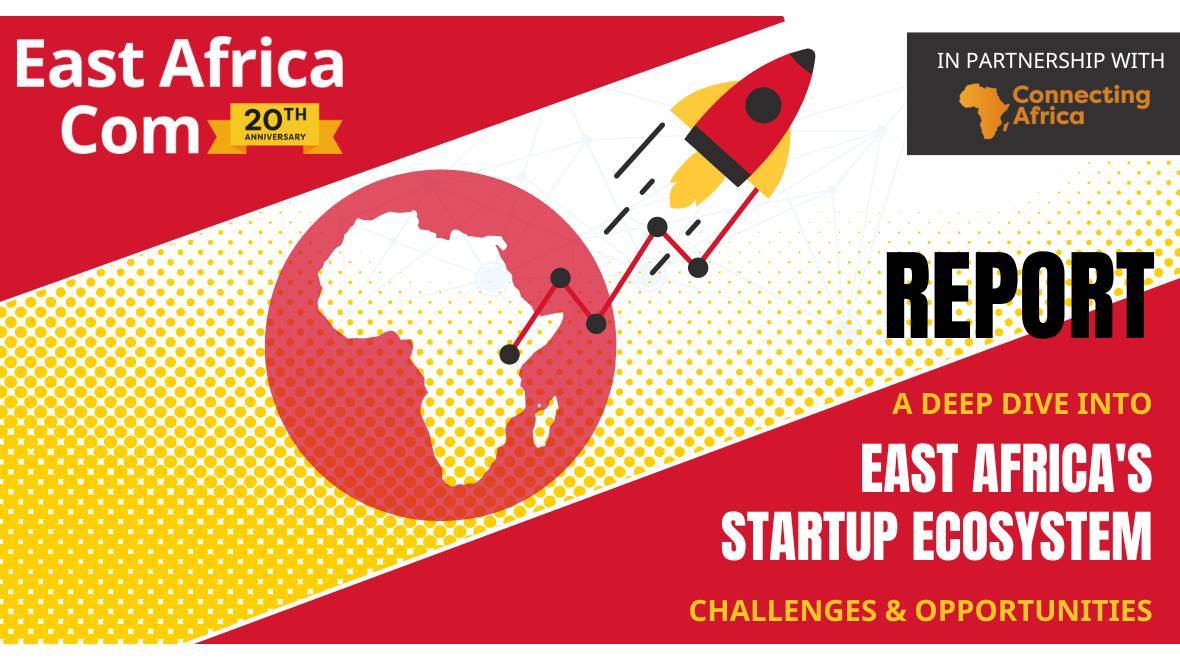AfricaCom Interview: Irdeto's Jim Phillipoff on smart home security
Ahead of AfricaCom 2019, Jim Phillipoff (pictured), head of business development, media and entertainment at Irdeto, answered a few questions about the risks and rewards associated with smart homes and what consumers can do to keep their homes secure.
Connecting Africa (CA): What are the main security threats facing consumers in relation to smart home devices?
Jim Phillipoff (JP) : The enormous scope of opportunities provided by connected devices and IoT are still being explored. Consumers are becoming increasingly reliant on the convenience and customization allowed by connectivity today and there are also many benefits and opportunities for businesses themselves to take advantage of when it comes to IoT. However, on the flipside, the proliferation of IoT devices has provided hackers with unprecedented vulnerabilities if these devices are not properly secured.
Many consumers are aware of the risks, with a 2018 survey conducted by Microsoft Market Intelligence highlighting concerns consumers have about digital assistants. It found that the top concern was that "personal information or data is not secure". Digital assistants, like any connected device in the home, should be evaluated from a security perspective as well as just functionality and price. Hackers may well target digital assistants more than most other devices since they can function as a "hub" which will likely control other elements the home network -- the same situation applies to the router as the gateway to the home network.
CA: Where does responsibility for securing IoT devices and the smart home lie -- with the service provider, device manufacturer or consumer?
JP: Since there are so many device manufacturers, service providers have an opportunity to offer consumers a solution for the whole home. In fact, there's a good deal of research which shows that consumers are willing to pay to protect their privacy and data. Research from Blackberry earlier this year found that 58% of consumers would be willing to pay more for connected devices, if they know their data and privacy is protected. By providing a security and WiFi management service that consumers really want, communication service providers [CSPs] can increase average revenue per user [ARPU] and decrease key costs.
Certainly, consumers and service providers cannot rely on IoT device manufacturers for peace of mind and security of their network, and while there is some responsibility for the service provider when it comes to the router, the CSP often doesn't have visibility and device intel beyond the gateway to tackle these concerns.
CA: What do service providers need to think about in securing smart home services, both in relation to their customers' needs and current and future legislation?
JP: In addition to the increase in security vulnerabilities brought about by the proliferation of IoT devices, there are challenges for CSPs and consumers alike around control of the smart home. When subscribers encounter a security or connectivity issue, they turn to their broadband provider for help, but the CSP doesn't have visibility and device intel beyond the gateway to tackle these concerns. CSPs therefore require the tools to address connectivity and security problems more efficiently while offering value added services to consumers. In terms of legislation, things are still in their infancy, but the new IoT device labeling system included in the UK government's recent consultation is a good step. Providers should look at the problems caused by the smart home revolution as a growth opportunity which has the potential to help them achieve their key business objectives.
CA: What role can technology providers play in securing the smart home?
JP: Technology providers play a key part in smart home security not only because of their innovations, but also because of the user-friendliness of their solutions. For decades Irdeto has been helping the media, transportation and IoT industries secure their intellectual properties, services and business models while ensuring the best user experience and ease of management. We are applying the same principles to smart home management.
Technology providers must make their solutions easy and economical for service providers to deploy and create value that translates to increased ARPU and reduced costs for service providers.
For securing the smart home, this means giving service providers visibility to the entire home from a customer care portal so that customer support staff can solve subscribers' connectivity and security issues without truck rolls. A user-friendly self-care app and security guidance can enable consumers to resolve WiFi and security issues on their own, further decreasing call volumes for service providers. In addition, technology providers should aim to provide solutions flexible to deploy, via a software update instead of locking service providers into hardware-specific solutions.
CA: What role can artificial intelligence play in helping protect against threats?
JP: Artificial intelligence can be a crucial tool in detecting threats and behavioral anomalies in the smart home in real-time. Trusted Home applies proprietary fingerprinting technology without compromising consumer privacy with practices such as Deep Packet Inspection. Through this automated recognition and anomaly detection, the solution highlights known vulnerabilities, suggests actions against threats, and even addresses connectivity issues.










